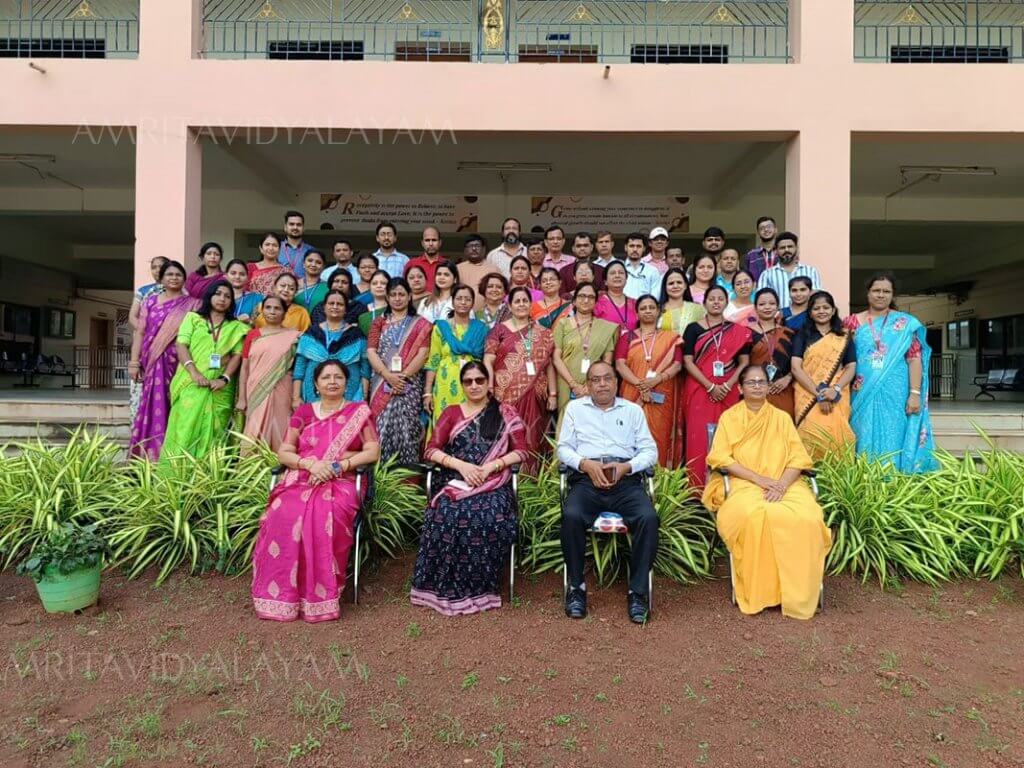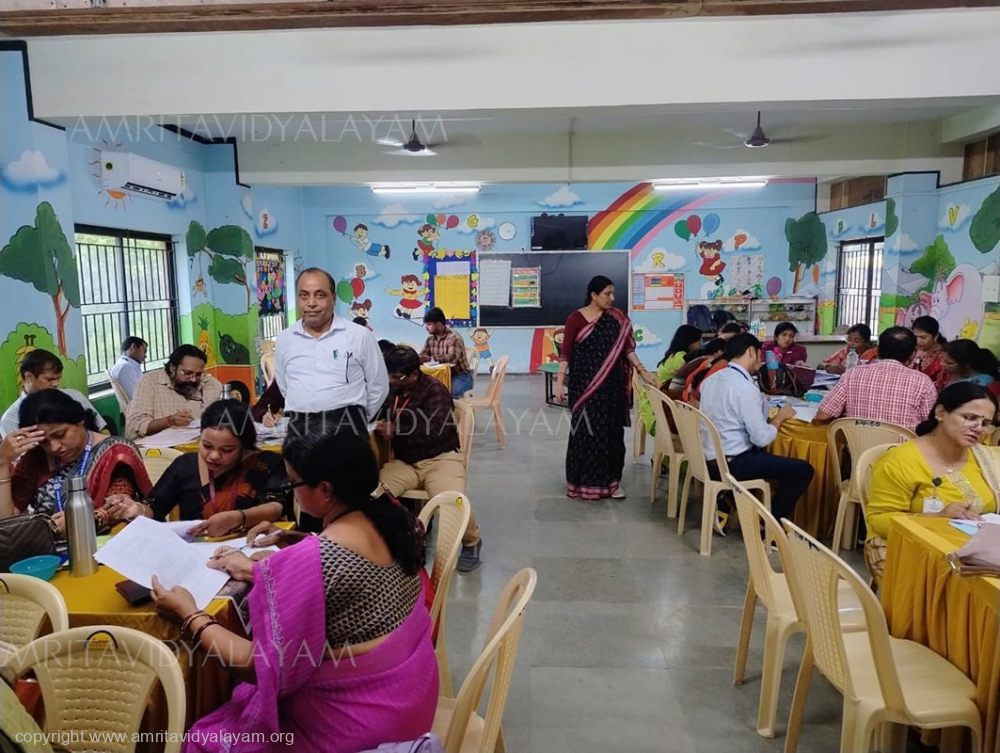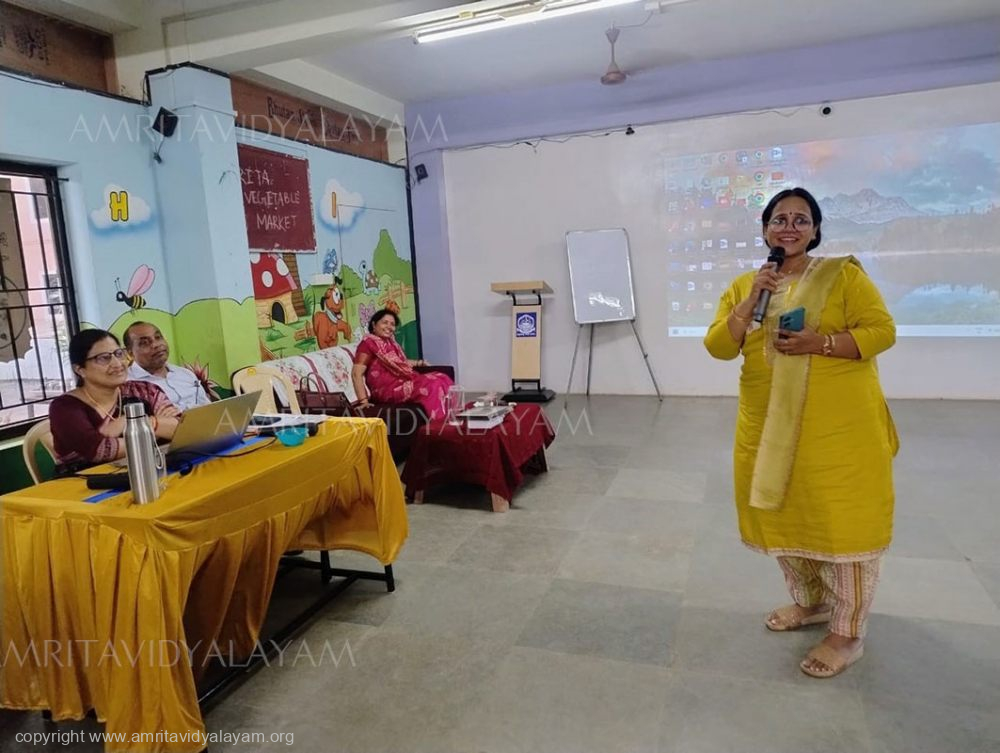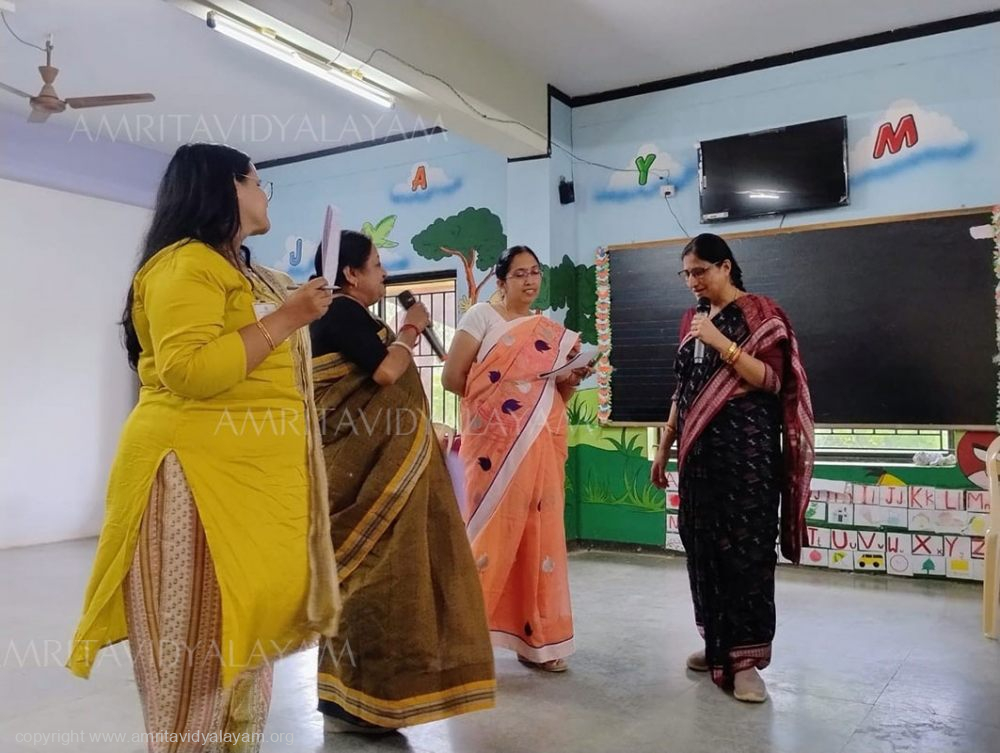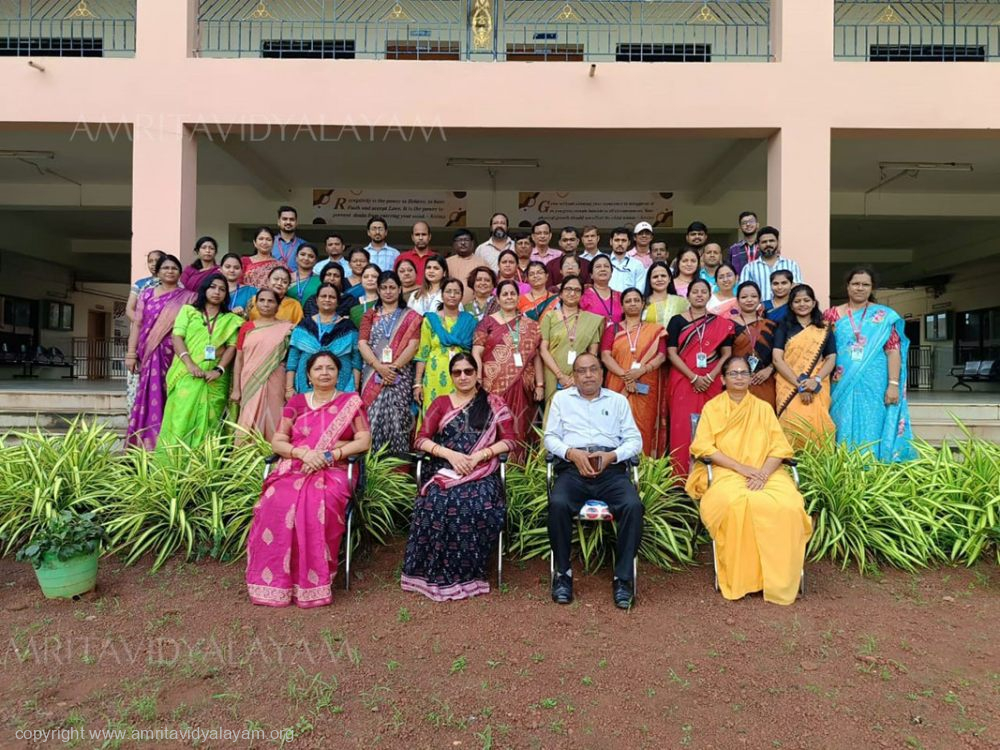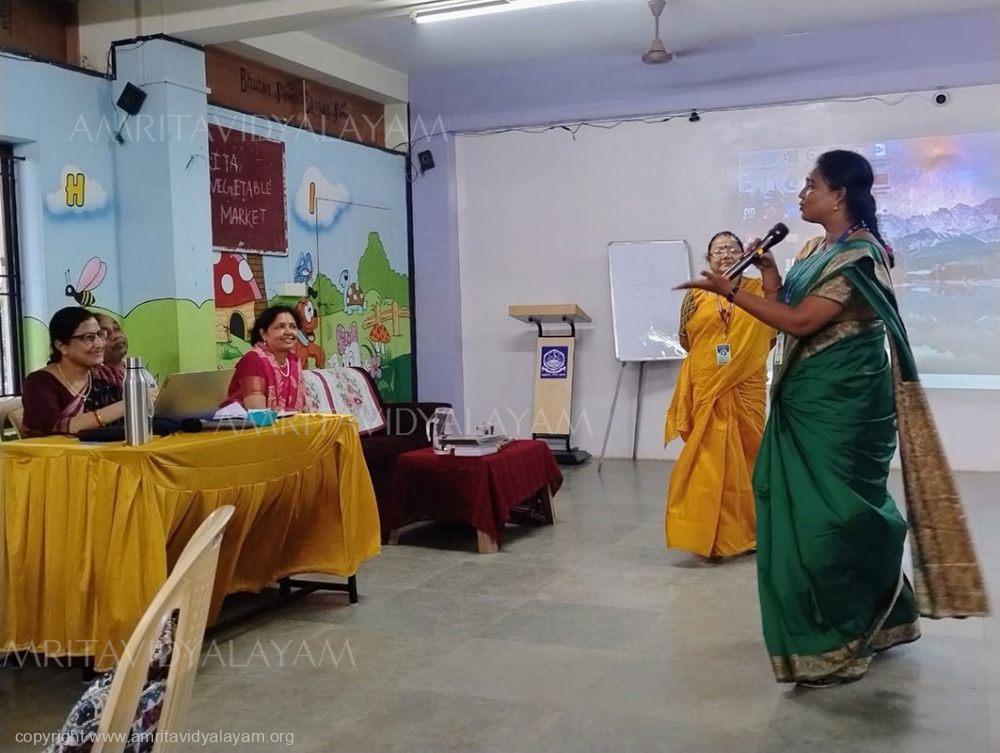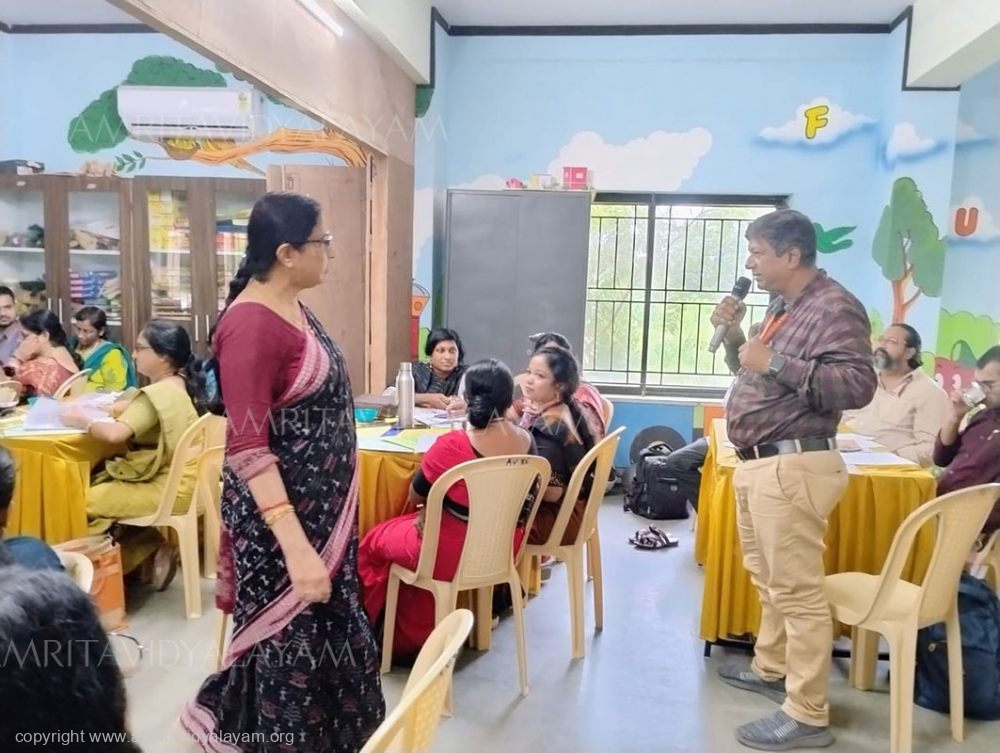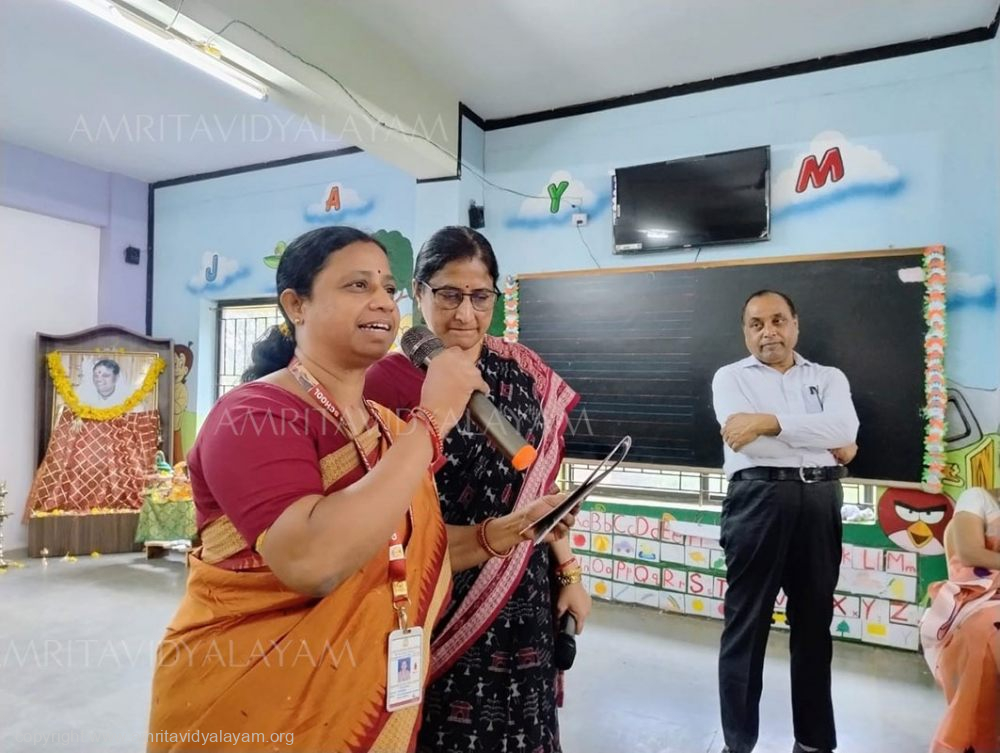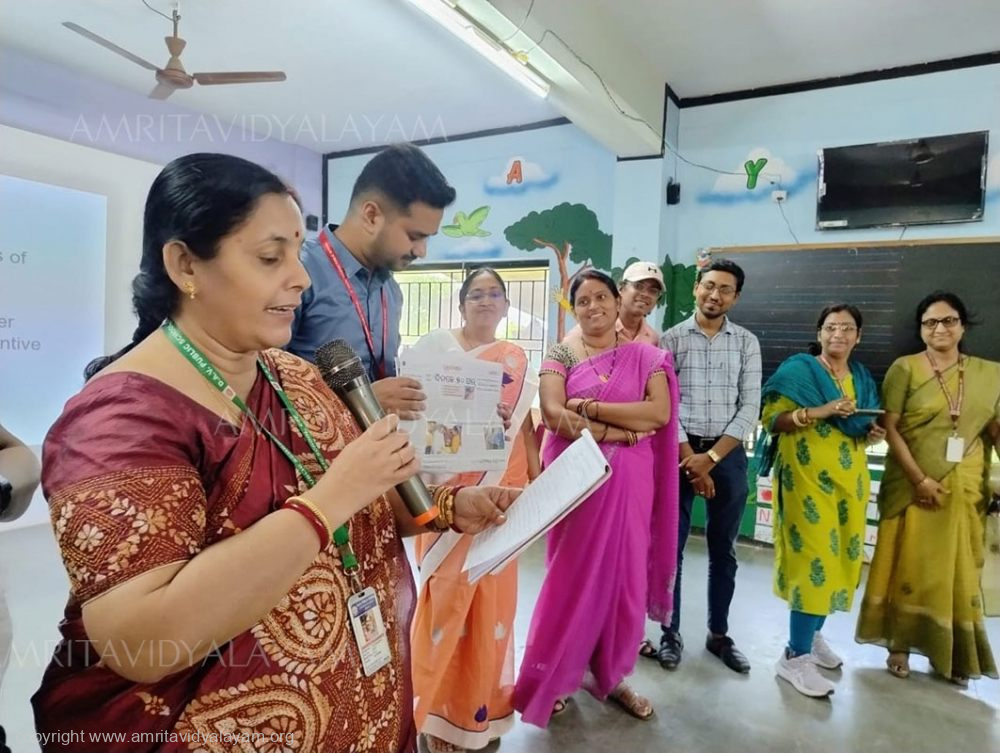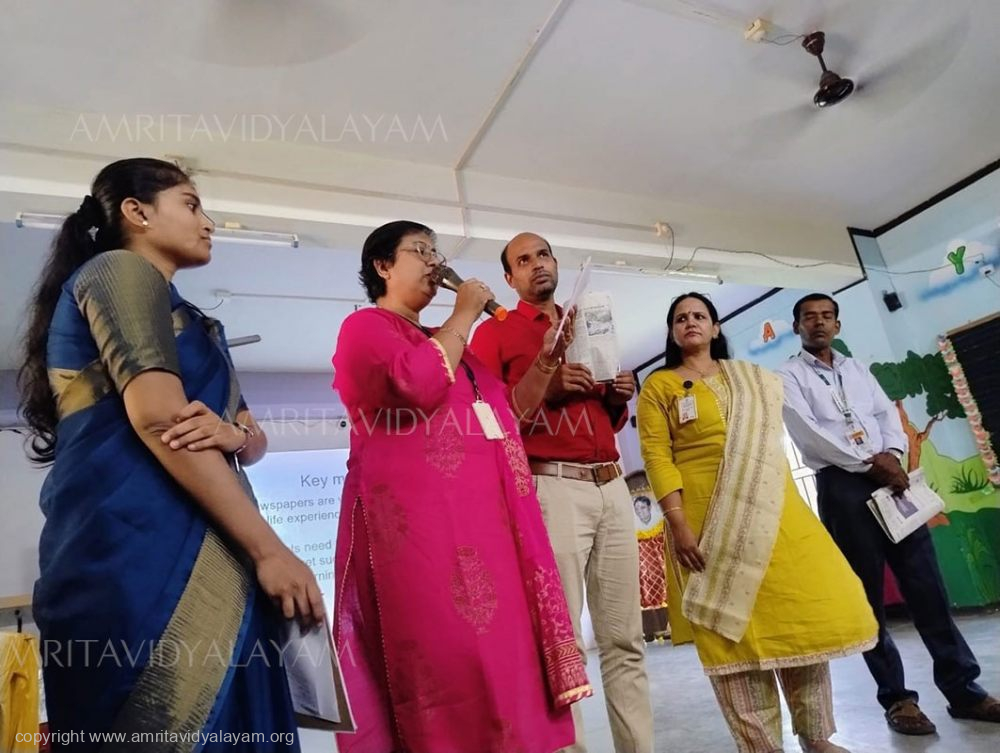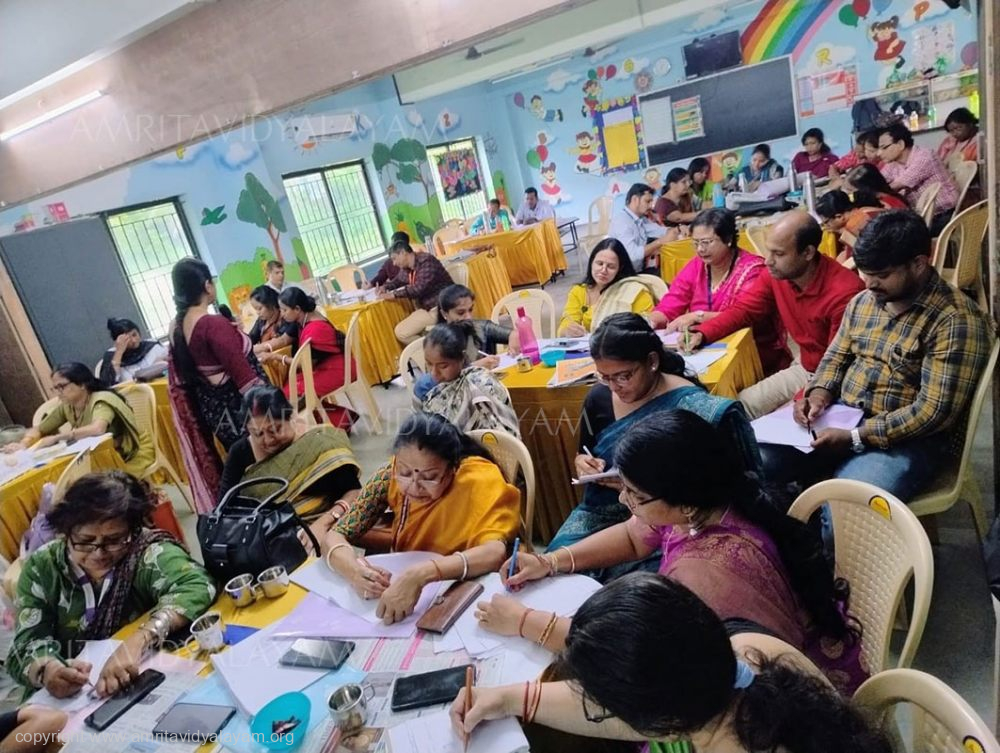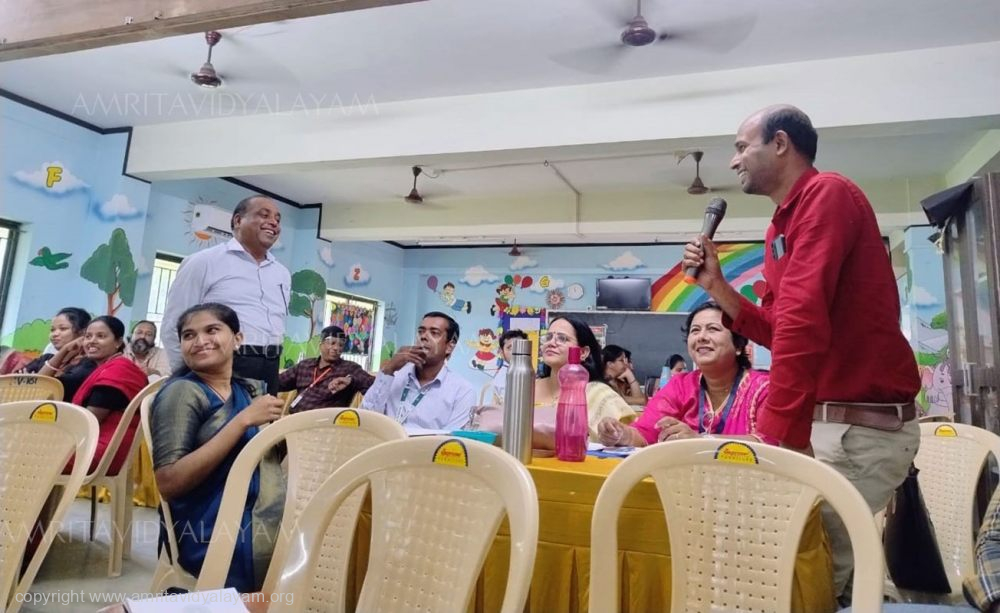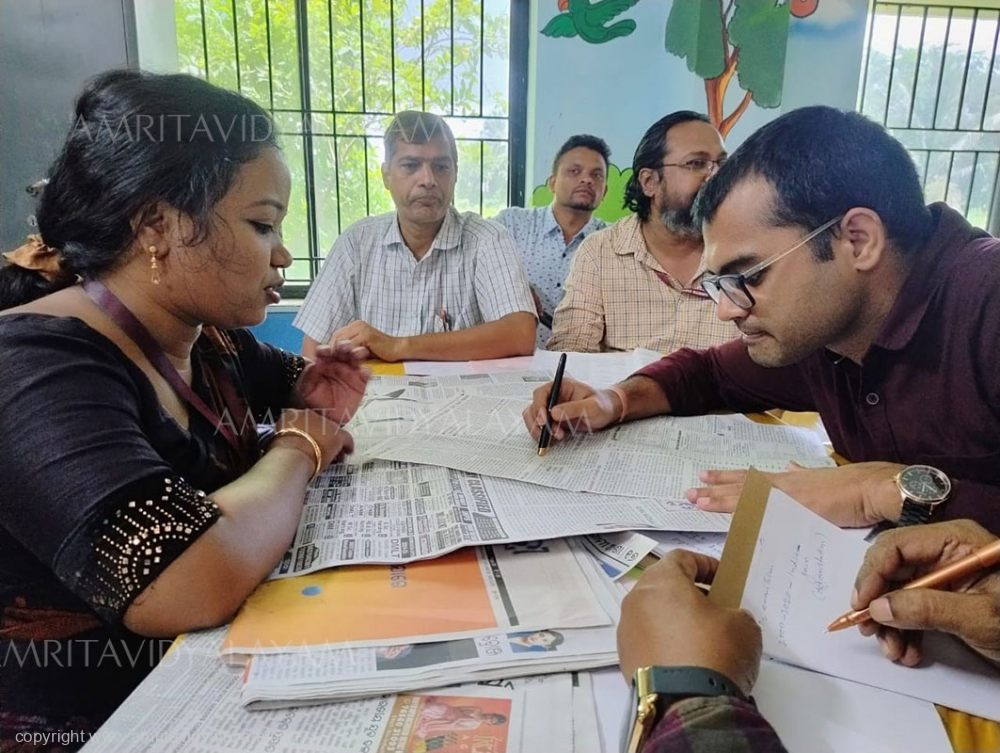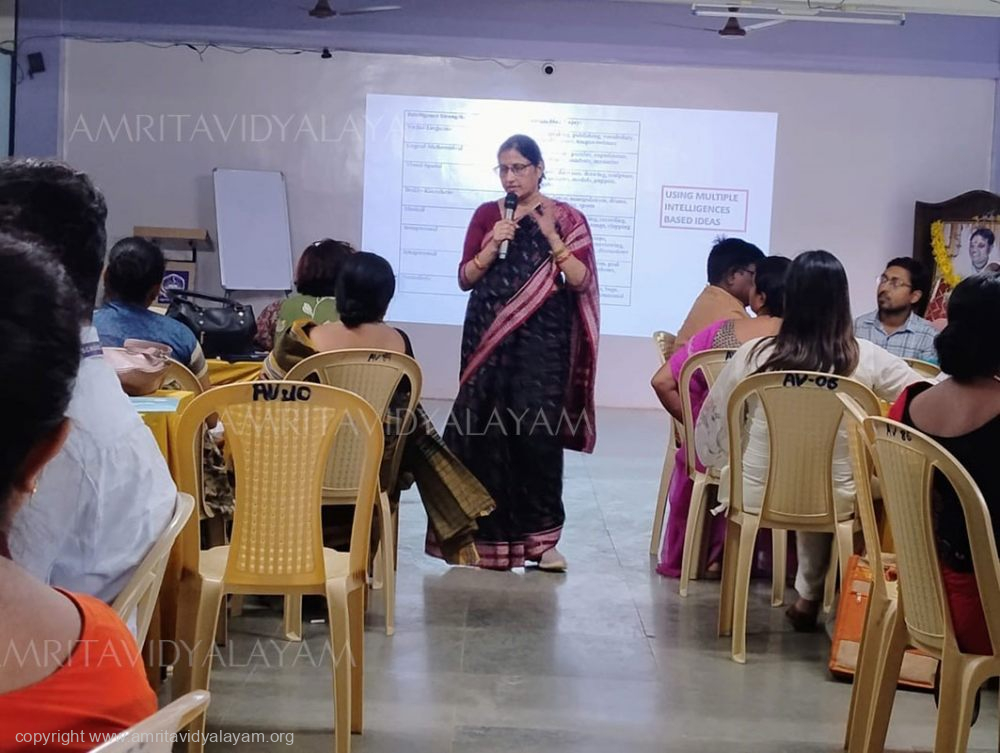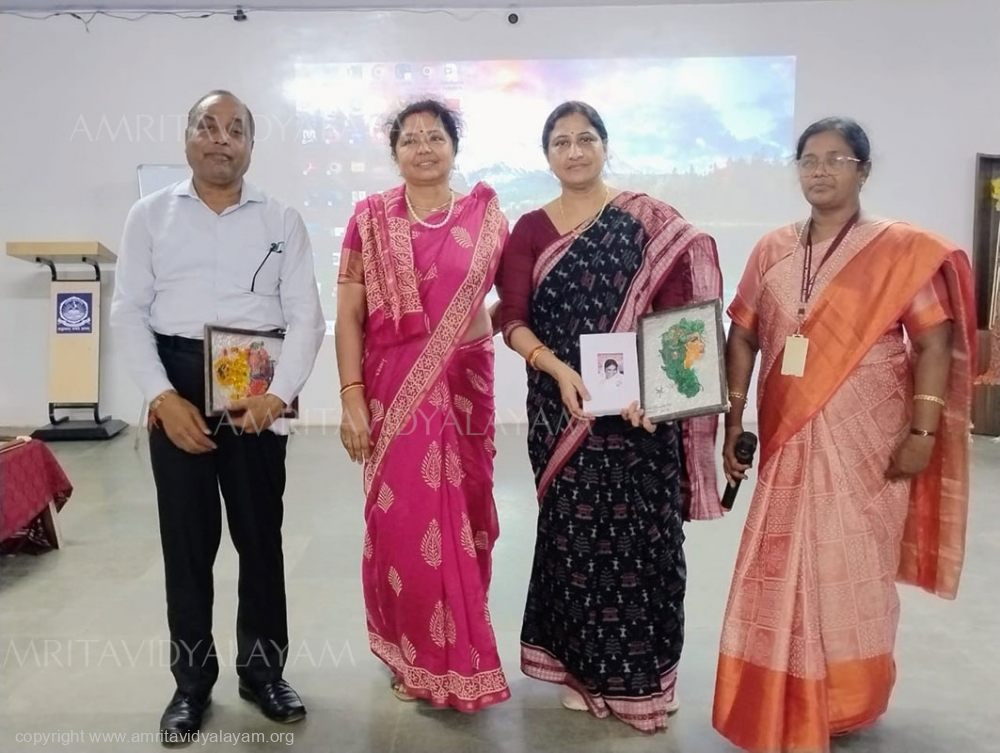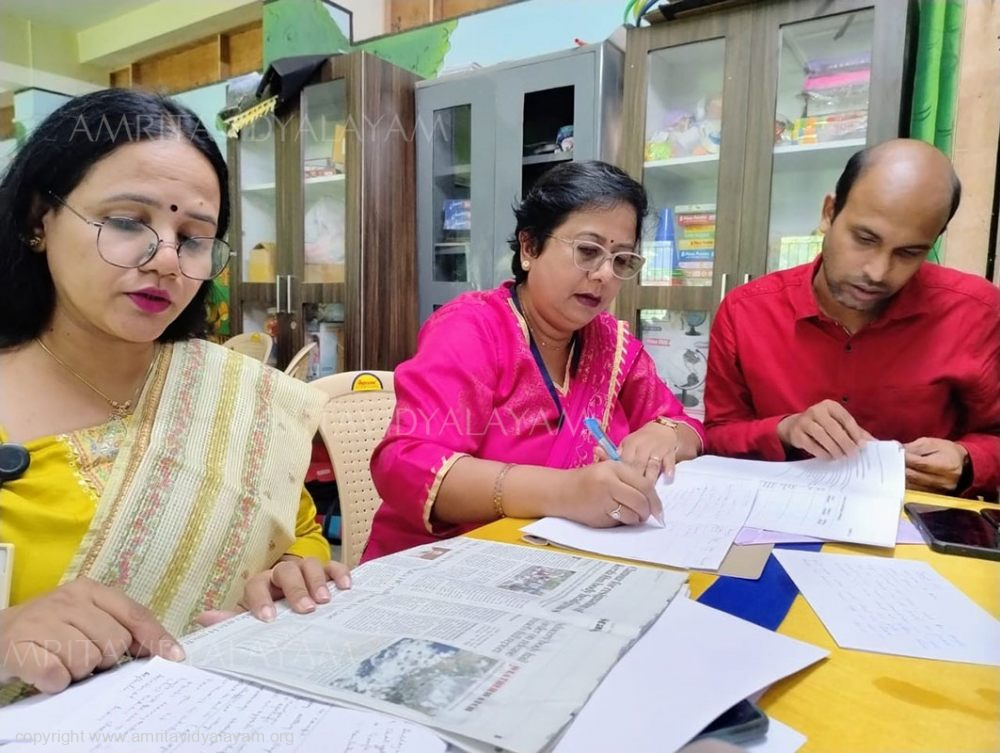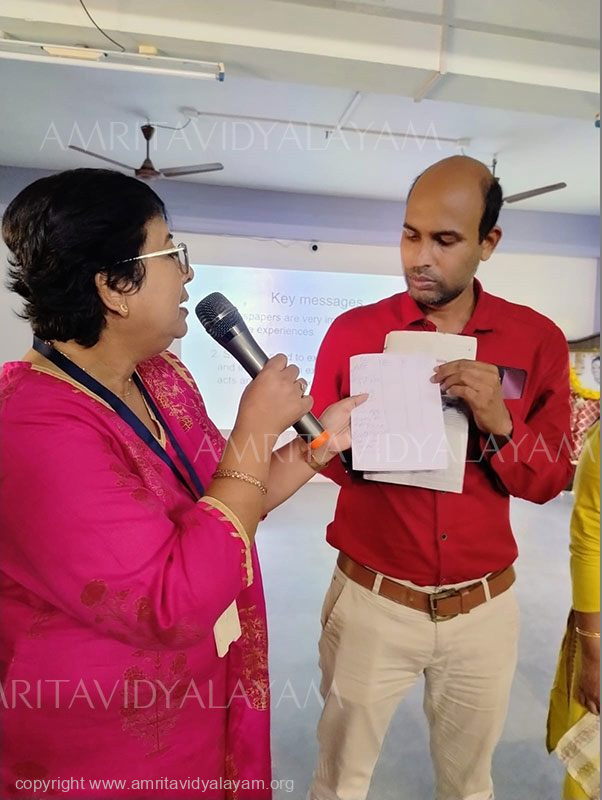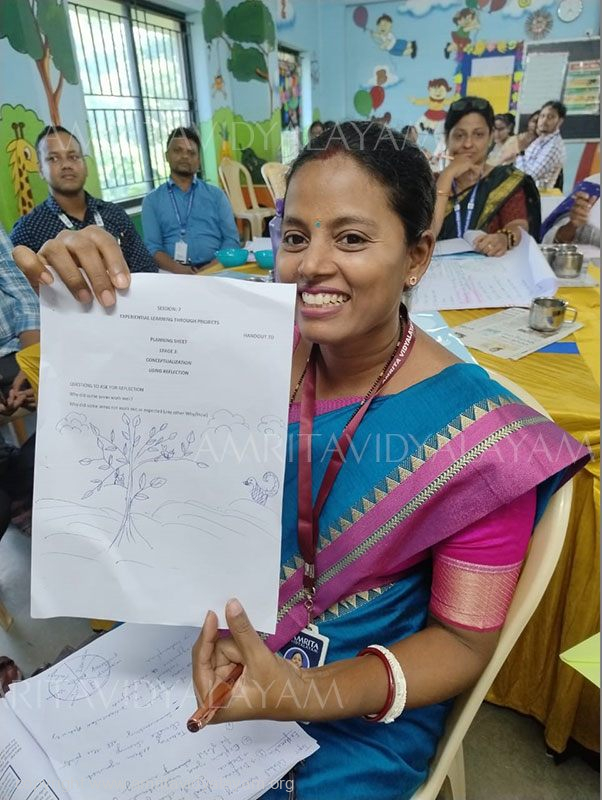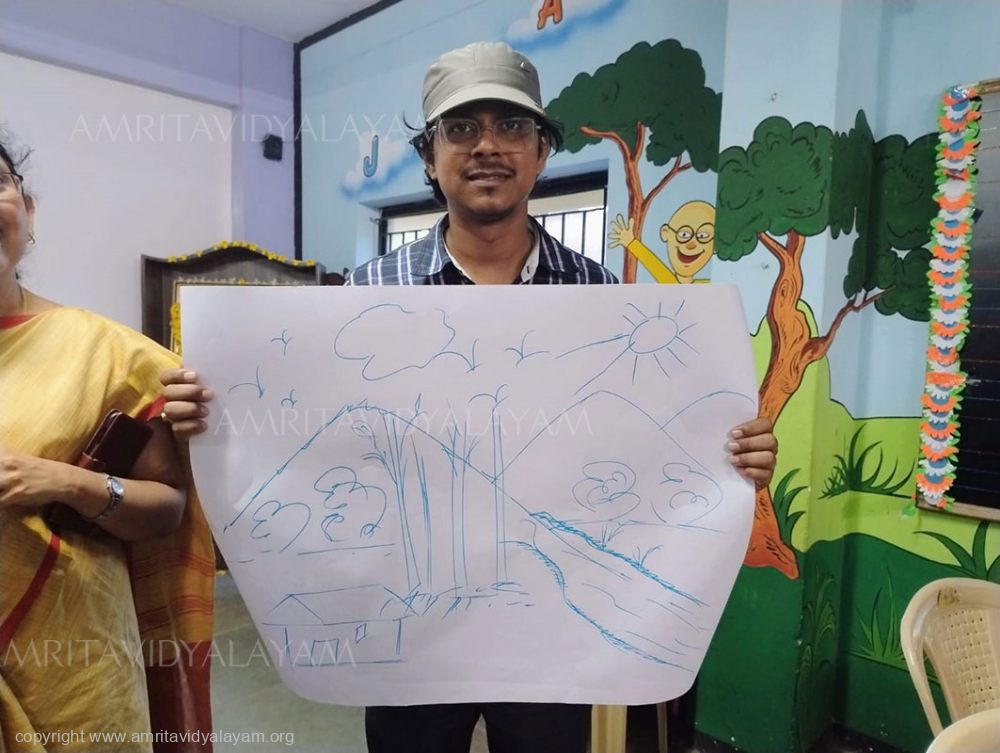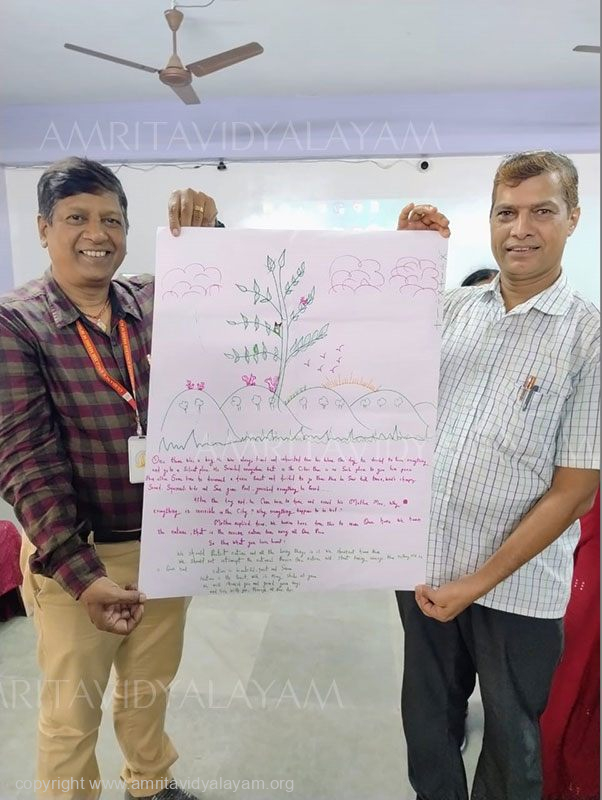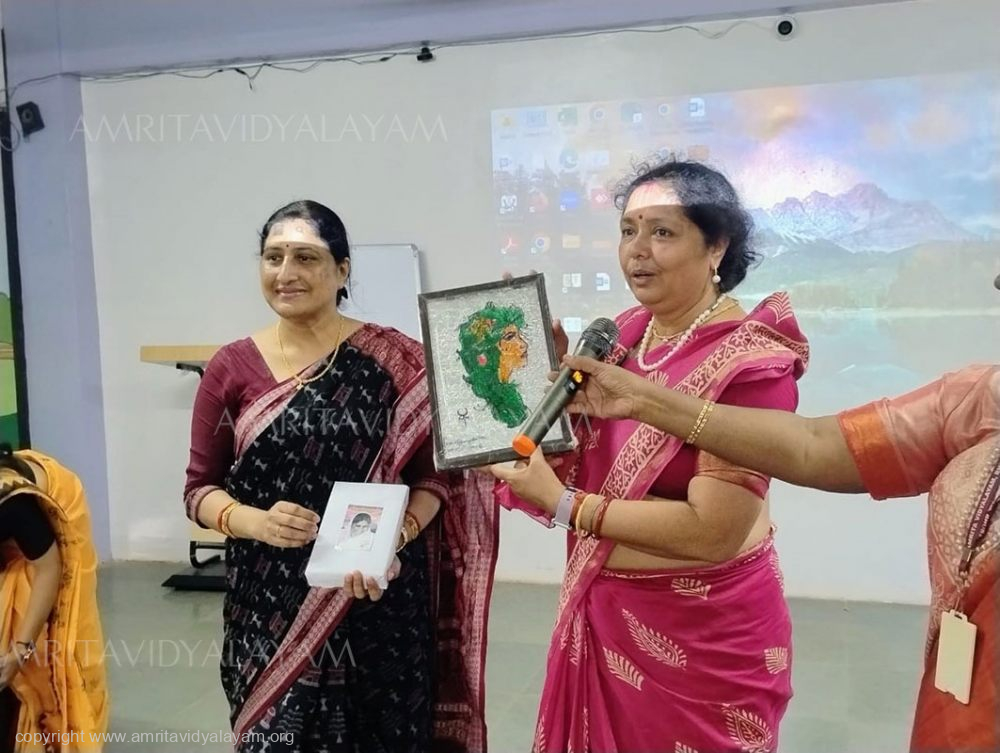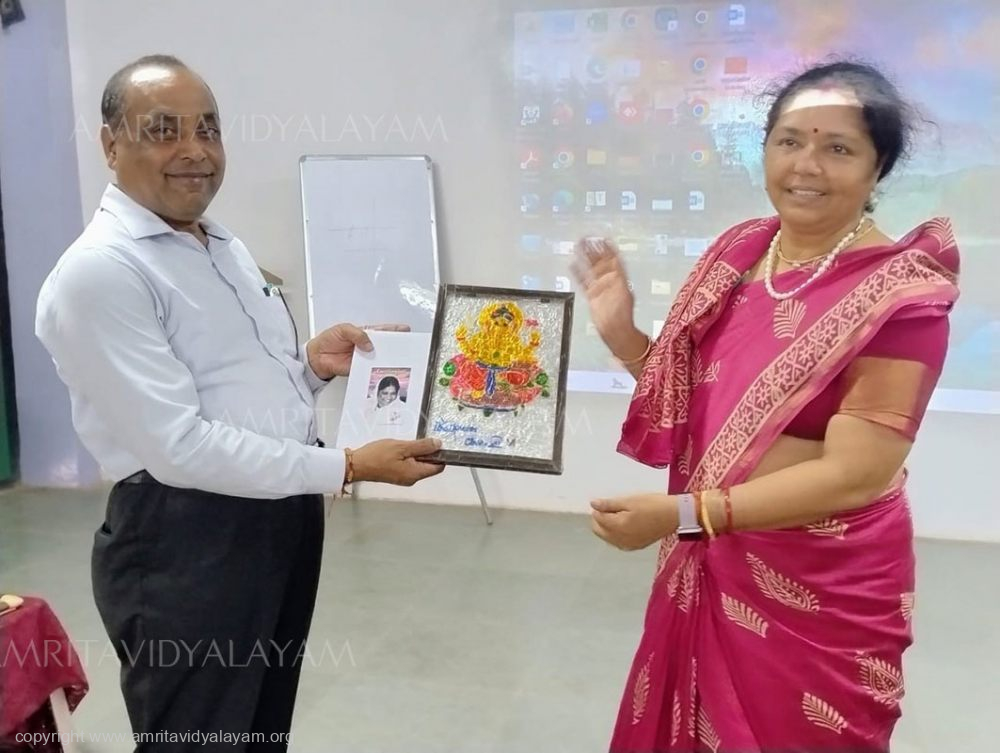Resource Persons: Mr. D.K. Mishra, Principal, DAV Public School, Keonjhar, and Ms. Pallabi Mahapatra, Vice Principal, BJEM School
A two-day Capacity Building Programme on Experiential Learning was organized by CBSE, focusing on the importance of science as an evolving body of knowledge. The program aimed to help teachers understand how to use teaching aids that cater to different learning styles, enabling students to enjoy learning while developing their potential and critical thinking skills.
The workshop emphasized the importance of fostering independent and critical thinking, as well as problem-solving abilities in students. It highlighted the significance of self-awareness in students, enabling them to identify their strengths and challenges. Teachers were introduced to Bloom’s Taxonomy, focusing on the three main domains of learning: Knowledge (cognitive), Skills (psychomotor), and Attitudes (affective). The program also addressed the importance of understanding the traits and behaviours of adolescents during their transition from childhood to adulthood.
Teachers were guided on using triggers or warm-up activities, such as card sorting, entrance or exit cards, and game activities, to activate prior knowledge and capture students’ attention. The importance of creating and following a lesson plan with SMART (Specific, Measurable, Achievable, Relevant, Time-bound) objectives was also discussed.
The workshop encouraged the creation of a constructivist classroom, where both teachers and students view knowledge as a tool for exploration and growth, rather than mere facts to be memorized. Various teaching strategies, such as ‘Jigsaw,’ ‘Case-based/Case Study,’ and ‘Anticipation Guide,’ were introduced to enhance student participation, engagement, and provide immediate and relevant feedback.
Additionally, the role of assessments in enhancing learning and motivation was emphasized. The workshop distinguished between assessment of learning (summative), assessment for learning (formative), and assessment as learning, where students become their own assessors.
Overall, the program provided teachers with valuable insights and practical strategies to implement experiential learning effectively in their classrooms.

